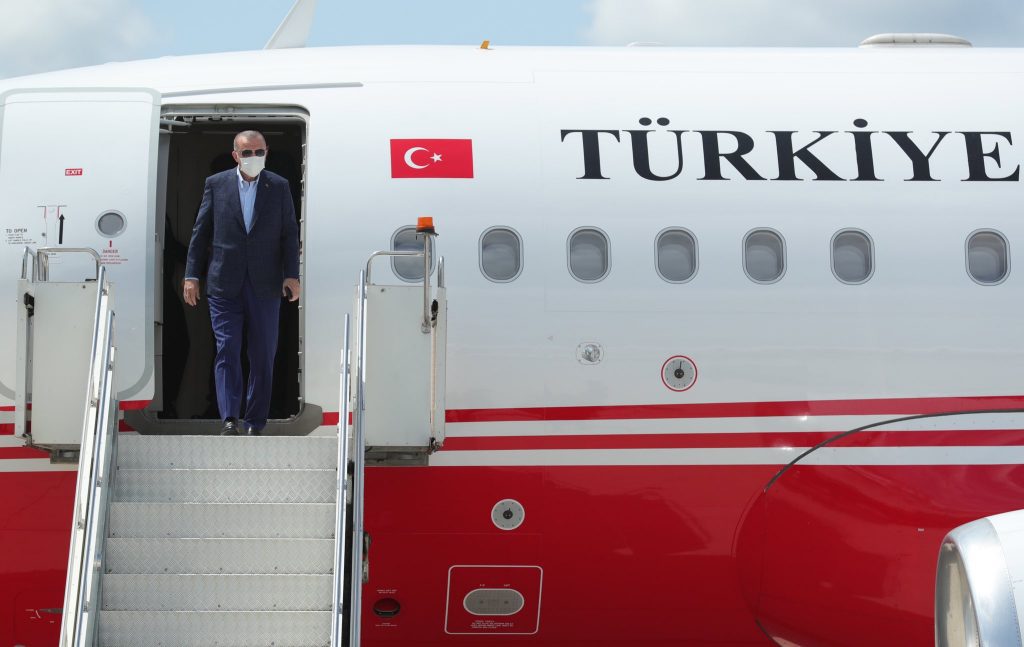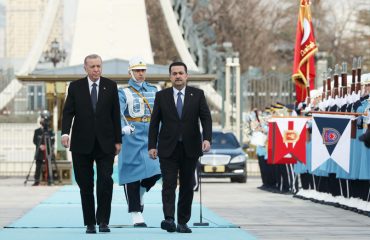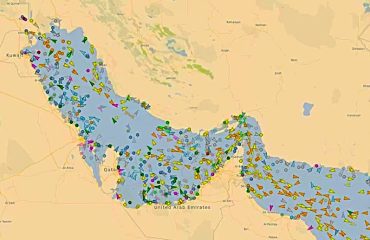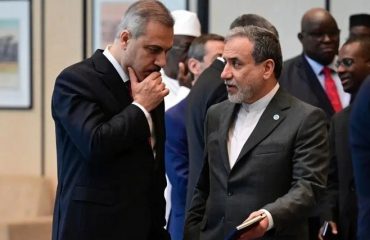

Main opposition Republican People’s Party (CHP) leader Kemal Kılıçdaroğlu said President Tayyip Erdoğan is “having tantrums” and he “nods off.” Erdoğan we know would respond to it.
“If the case is to make the son-in-law a minister and make him rich, to sell the country to three or five contractors, I have betrayed that case,” said Future Party leader Ahmet Davutoğlu. Erdoğan would probably respond to that, too.
But developments show that Erdoğan is preparing for a series of new maneuvers, U-turns, to overcome the successive setbacks.
First of all, we can say that Erdoğan is preparing for a U-turn on refugees. We can see this in his lengthy statement after his meeting with his cabinet on Aug. 20.
“Turkey has no duty, responsibility or obligation to be the refugee warehouse of Europe,” said the president.
“Europe cannot stay out of this by closing its borders just for the safety and well-being of its citizens,” he said.
These words are different from his previous remarks or his letting refugees pile up at the Greek border at the beginning of 2020, before the covid pandemic started.What made a difference is that voters support the opposition leaders’ promise to send the refugees back through agreements with their countries of origin, including Syria, also ensuring their safety. It has been seen that this discourse can also have a softening effect against racist-fascist provocations.
MHP saw it earlier
It was Nationalist Movement Party (MHP) Devlet Bahçeli, the ruling Justice and Development Party’s (AKP) Party’s election partner, who realized this before the AKParty staff. Bahçeli, showed his first public objection to Erdogan’s refugee policy by publicly saying, “Let the Syrian who went back for Eid stay there.”
Afghan migration wave that came through Iran and gave the impression of rather militia shipments, increased the reactions, at a time when Erdoğan made three demands from the United States for Turkey to assume a role in Afghanistan. The statement by Mehmet Özhaseki, the AKP official in charge of local administrations who said the economy would halt in most places if it were not for the cheap –and illegal– labor of the refugees, added to reactions to the government’s refugee policy.
After Defense Akar and Minister of Interior Süleyman Soylu revealed figures of unregular migrants caught on the Iranian border, and t showed the wall being built there, Erdoğan finally admitted that the country is facing an influx of illegal immigration from Afghanistan. A few days later, the Taliban came to power again.
Now that Afghanistan politics of Turkey – and all other countries– have been trashed, it would not be surprising if Erdoğan found the conditions suitable for a U-turn on the issue of asylum seekers. Maybe he would even accuse the opposition over illegal asylum seekers, who account for more than 5 percent of the population, and some would believers will come out.
Allegations of contact with the Gülenists
Erdogan may need yet another U-turn to broaden the AKP grassroots as election time approaches.
Erdoğan is looking for ways to include the voters who “pulled to the side of the road” back to his motorcade, according to Bekir Ağırdır, the general manager of research company KONDA. This means luring back the AKP voters who have distanced themselves from the party but are not convinced about any other party. Political scientist Seda Demiralp has recently analyzed the reasons why voters who “pull their car and wait” do not join the opposition even though they are alienated from the AKP.
In the last ten years, Erdoğan has lost a few voter blocks after reaching 50 percent of the vote support in the 2011 elections. I am saying this while also keeping in mind that problems such as poverty, high cost of living, unemployment, and the recent deterioration of reputation due to floods and forest fires.
1- One of the sources of this loss was the separation with Fethullah Gülenist, who got so strong to even attempt a coup in 2016.
2- The party broke with conservative intellectuals and liberals, a process that began with the exclusion of former President Abdullah Gül in 2014.
3- Due to the weakening of the grassroots, Erdoğan cooperated with the MHP to introduce the presidential system, which obliged his party to act with its election partner.
4- Due to the alliance with the MHP, the conservative Kurdish voters began to dissent from the AKP.
5- And finally, Ali Babacan, former deputy prime minister form the AKP, founded the DEVA Party and Davutoğlu, the former prime minister from the AKP, founded the Future Party.
These breakouts cannot be downplayed by arguments that their votes are small. Babacan and Davutoğlu have shared many secrets of Erdoğan. Babacan, who is calmer, has not opened up yet, but Davutoğlu has.
On the one hand, Erdoğan is trying to persuade the MHP to a new election law, raising questions for Bahçeli who suspects that Erdoğan wants to get rid of him. On the other hand, he is trying to attract his former supporters by a discourse that only depends on religion.
Although it is difficult to prove at the moment, it is not a coincidence that claims over attempts to contact Fethullah Gülen and claims of winning some groups that broke away from FETÖ, the Gülenists, emerged during this period. Likewise, the allegations that the former President Abdullah Gül was contacted through Defense Mİnister Akar, his friend from the high school. These allegations revive the hopes of “We can be together again” in the AKP sphere of influence.
In any case, it shows that Erdoğan needs a serious political U-turn before the elections to be held in June 2023 at the latest. But too many turns on the fast lane introduce more risks.


